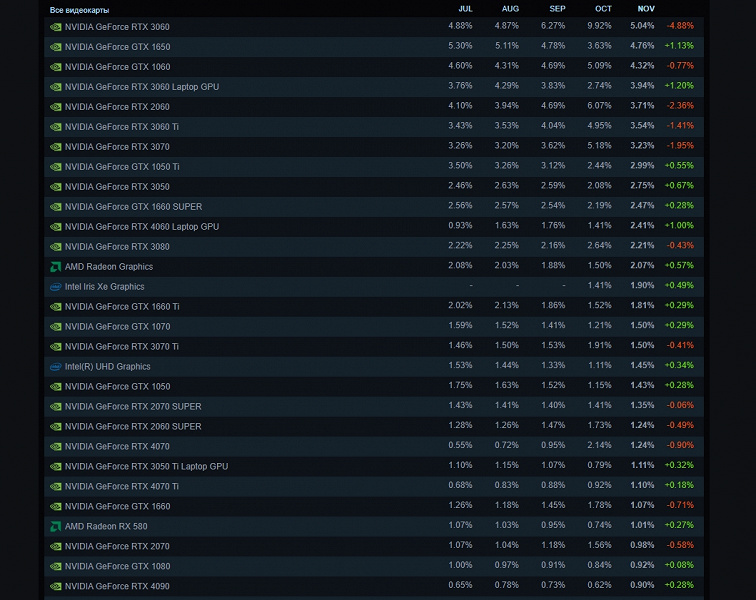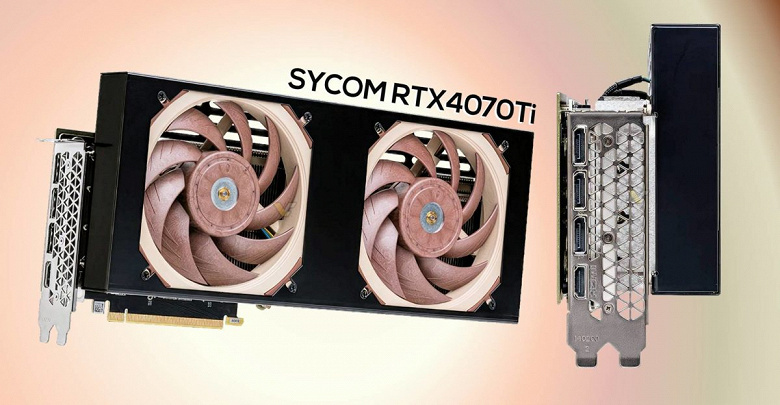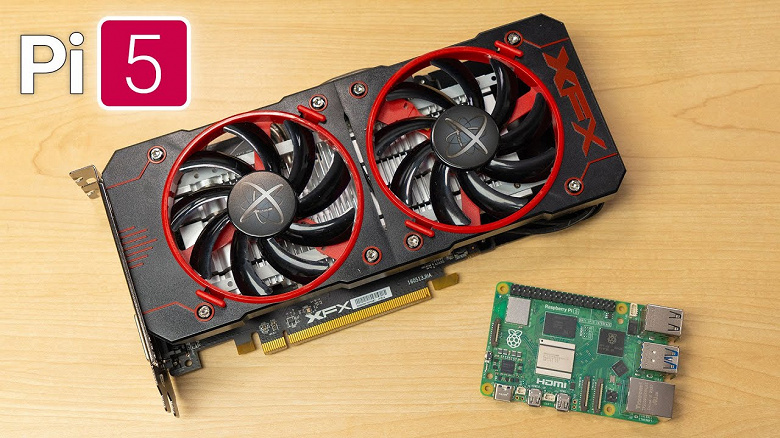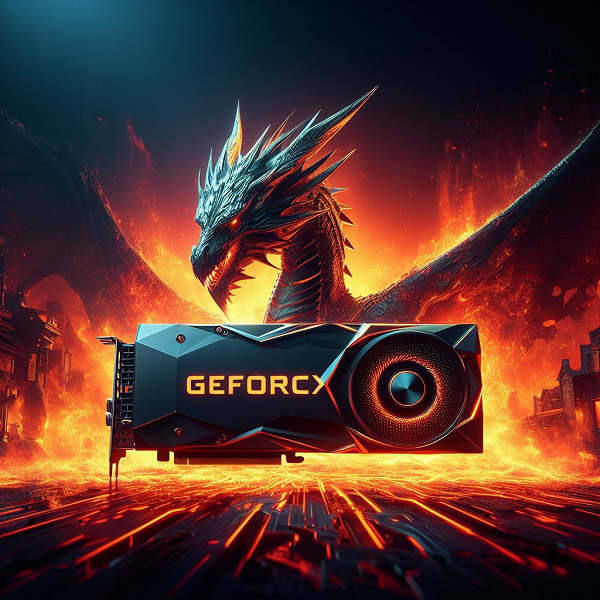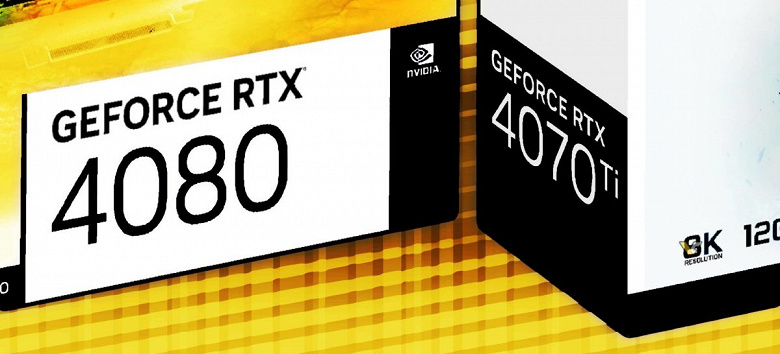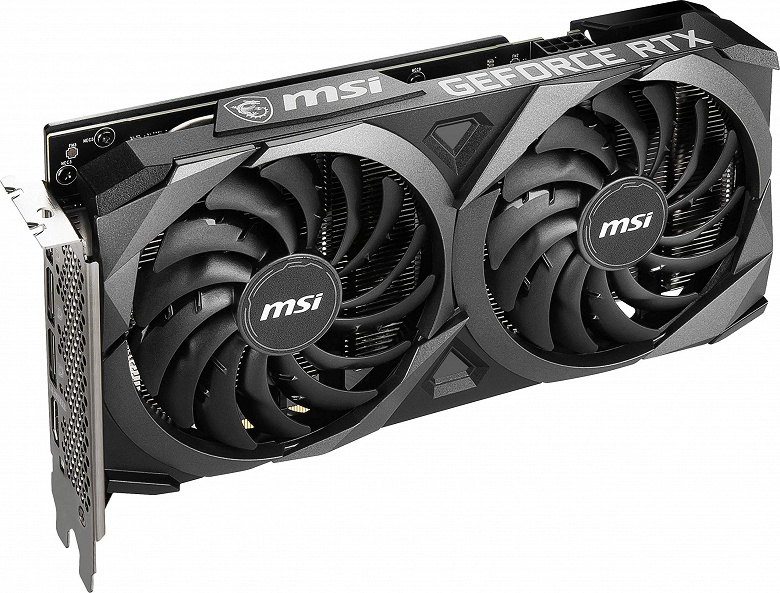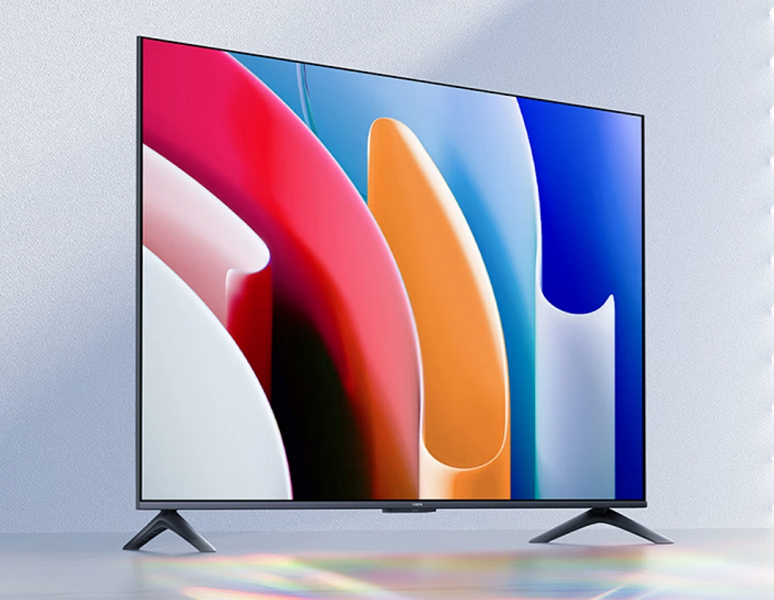As it turned out, it will be very easy to do this.
According to the source, Nvidia has already begun supplying partners with updated Ampere GPUs for GeForce RTX 3080, GeForce RTX 3070, and GeForce RTX 3060 video cards. Their feature is built-in protection against mining. And although Nvidia does not distinguish between old and new GPUs, for the convenience of partners in internal documents, the former is simply designated Ampere, and the latter – Ampere LHR (the abbreviation LHR stands for Limit Hash Rate). For gamers, there is no difference between video cards built on the basis of conventional Ampere and Ampere LHR, but for cryptocurrency miners, there is a difference, because the performance of Ampere LHR during mining will decrease by 50%. Therefore, the question naturally arose – how can you distinguish a video card based on a conventional GPU Ampere from a model built on the GPU Ampere LHR?

Nvidia is already shipping new GeForce RTX 30 GPUs with hardware mining protection. How to distinguish “anti-mining” video cards from ordinary ones?
As it turned out, it will be easy and simple to distinguish an “anti-mining” video card from a regular one. This can be done right in the store – without the need to unpack the video card, install it into a computer and run special diagnostic utilities like GPU-Z. Here the manufacturers of video cards went to meet the consumers – they will mark boxes with models on Ampere LHR with special inscriptions like Limited Edition, Gaming Edition, or V2. Some models will even have stickers with a comic inscription No Hash, No Cash.
Nvidia does not oblige video card manufacturers to put special labels on the boxes of “anti-mining” video cards, but they did it deliberately – in order to protect themselves from possible lawsuits from users. There are no regulations for distinctive inscriptions – here the manufacturers themselves will decide what designations to give to models on the Ampere LHR.
